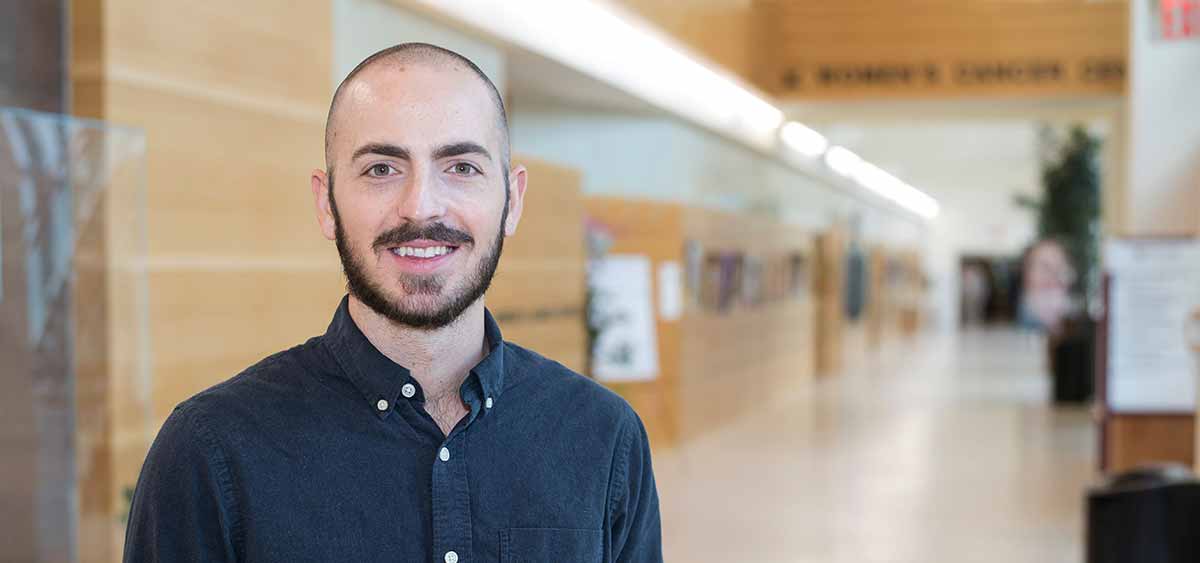
PHILADELPHIA (November 4, 2019) – Underserved women were more tempted to smoke after giving birth if they had multiple children and more stress, according to a study conducted at Fox Chase Cancer Center. Non-Hispanic black women felt more temptation to resume the habit after giving birth than non-Hispanic white women, researchers found.
“Many women will quit smoking during pregnancy, but will relapse not too long after giving birth,” said Andrew Belfiglio, BS, a research assistant for Patient Empowerment and Decision Making at Fox Chase. “Underserved women relapse more often.”
Belfiglio presented his team’s results today at the American Public Health Association’s 2019 Annual Meeting and Expo.
Belfiglio conducted his study under the mentorship of Suzanne M. Miller, PhD, director of Patient Empowerment and Decision Making at Fox Chase. “This is a way for patients to identify their own barriers to effective smoking cessation,” said Miller.
The researchers examined temptation to smoke among 106 underserved women recruited through Philadelphia WIC clinics. WIC, Special Supplemental Nutrition Program for Women, Infants, and Children, is a federal program that serves low-income women.
Underserved women are those who do not have access to the services they need. Within 10 days of giving birth, each participant completed a telephone survey with questions about smoking history and smoking temptations, including social temptations, habitual cravings, and negative emotions.
Underserved women with more children and more distressing life events such as financial difficulties, family deaths, or illness were more tempted to smoke following childbirth. Social temptations, habitual cravings, and negative emotions were also associated with a greater tendency to smoke postpartum.
The researchers believe that more should be done to assess and address how smoking cessation is related to having more children and the experience of distressing life events during pregnancy. They add that these areas are critical in helping underserved women stay smoke free.
“Patients under a lot of stress, whether it’s taking care of a lot of children or stressful events, should reach out to a support system or health-care professional, knowing these can be associated with the temptation to smoke,” said Belfiglio.
The study was funded by the National Institutes of Health.